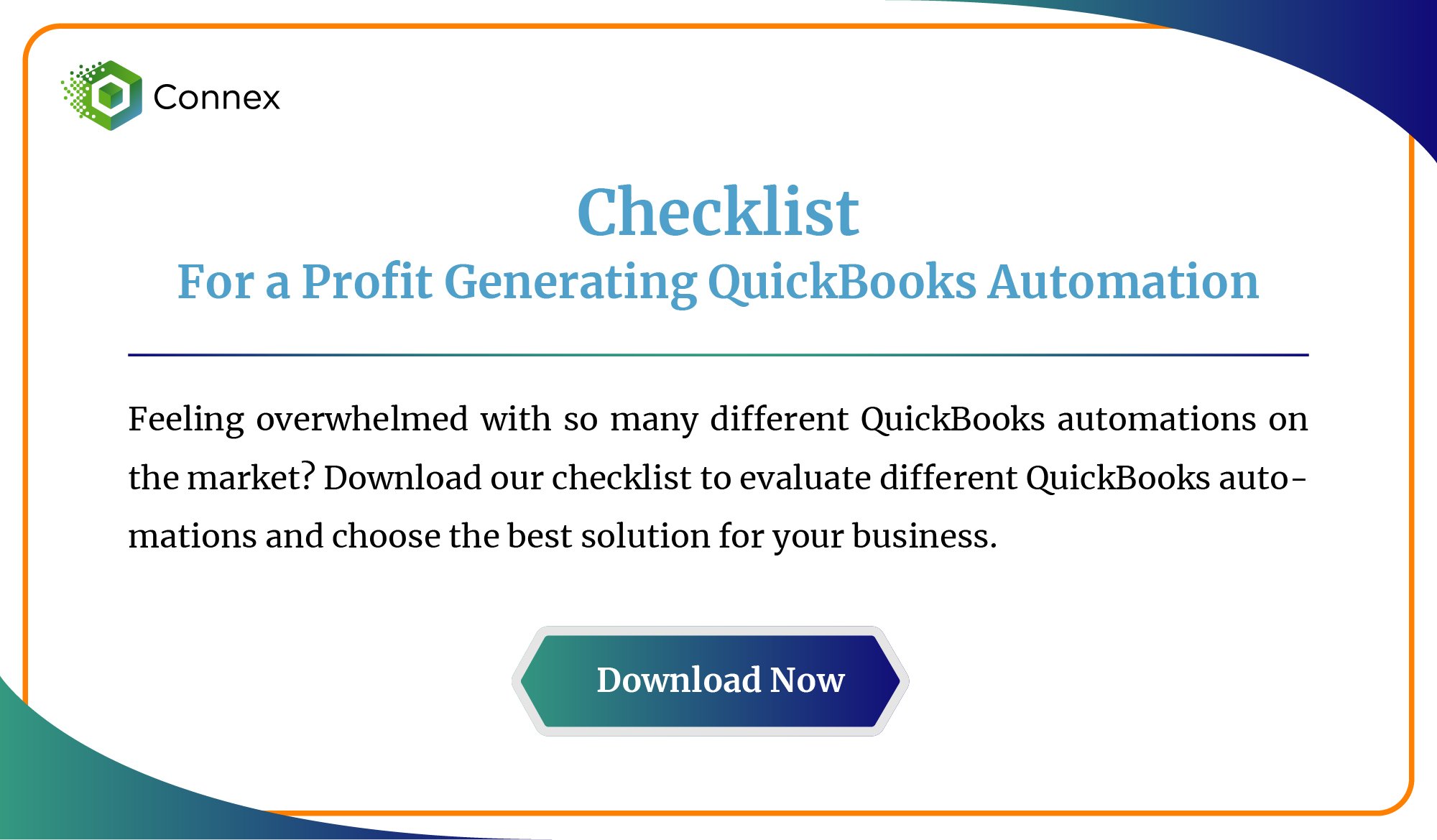Random Acts of Marketing: The Consequences and How to Avoid Them
How Accurate Financial Reports Can Help You Budget Your Advertising Dollars More Efficiently
Marketing is essential to any successful business in today's ever-growing digital world. But, with the vast amount of marketing options available, it can take time to decide which ones are the most effective for your business.
For many businesses, random acts of marketing - high-cost ads with uncertain results - seem like an appealing option.
However, these tactics can seriously affect your budget and bottom line. In this article, we'll look at the consequences of random acts of marketing and how accurate financial reports can help you budget your advertising dollars more efficiently.
What Are Random Acts of Marketing?
Random acts of marketing are marketing efforts that lack any sort of strategy or planning. They often involve spending a large amount of money on advertising without evidence that it will lead to a successful return on investment.
The term was coined in the mid-1980s to describe businesses randomly experimenting with their marketing strategies and spending without any data or research to back up their decisions.
Random acts of marketing can be especially damaging for small businesses and start-ups with limited budgets. Businesses need more time or resources to conduct extensive research and analysis to determine which marketing strategies will be most effective. Instead, they rely on hunch decisions, hoping they'll eventually find something that works. Unfortunately, this often results in costly mistakes and wasted resources.
The Consequences of Random Acts of Marketing
Small businesses often use this strategy with limited budgets or those who don’t have the time to create an effective marketing plan. However, the strategy can lead to serious consequences. Here are some of the most common:
Wasted Money
Random acts of marketing often involve large expenses, with no guarantee that the investment will pay off. When companies spend money on ads without a clear goal in mind, they run the risk of not getting the desired results. This can mean wasted resources that could have been better spent on other business areas.
Unclear Results
Tracking and measuring results can be difficult without a clear marketing plan and strategy. Without this data, it is hard to determine which strategies are successful and which are not. This can lead to misguided decisions, further wasting money and resources.
Poor Brand Image
Random acts of marketing can also lead to a poor brand image. Customers may become frustrated when they repeatedly see the same ad or message or receive irrelevant ads that have nothing to do with their needs or interests. This can hurt a company’s reputation and negatively impact its bottom line.
Missed Opportunities
When companies don’t invest in a well-thought-out marketing plan, they may miss important opportunities to engage with their target audience. In addition, companies may fail to capitalize on emerging trends and new technologies that could help them reach more customers without a clear strategy.
How to Avoid Random Acts of Marketing
Random acts of marketing can be costly and time-consuming, with uncertain results. To avoid this and maximize your marketing budget, it’s important to accurately track the effectiveness of your campaigns and use that data to make informed decisions. Here are some tips to help you avoid random acts of marketing:
Develop a Comprehensive Strategy
Take the time to develop an overall strategy for your marketing efforts. This includes understanding your target audience, what message you want to convey, and the channels you will use to reach them.
Monitor Seasonal Sales Patterns
Pay attention to seasonal sales patterns and adjust your marketing budget accordingly. For example, investing in certain regions or product lines may pay off during certain times of the year.
For example, if your business sells winter apparel, you should invest more in advertising when customers look for these items during the fall.
Track and Measure Results
Monitor the success of each campaign and measure key performance indicators such as conversions, sales, website traffic, etc. Use this information to determine which tactics are working and which need to be adjusted.
Finally, track your return on investment (ROI) for each advertising campaign. This will help you understand which ad campaigns are generating the highest ROI so you can adjust your budget accordingly.
By tracking your sales data accurately, you’ll be able to identify which products sell well, in which regions, and at which times of the year.
Target Your Audience
Make sure you’re targeting the right people with your campaigns. Segmenting your audience and creating targeted messages tailored to their needs will help you maximize your reach and get better results.
Adjust Your Budget Accordingly
When you have data on which products sell well in different regions, seasons or times of the year, use that information to adjust your budget accordingly, this will help you allocate resources where they will be most effective.
Make Use of Automation
Automation can help you streamline and optimize your campaigns, so you’re not wasting resources on ineffective tactics. Use software tools and services to automate tasks such as segmenting audiences, tracking performance, and generating reports.
Set Goals and Benchmarks
Establish specific goals for each campaign and set benchmarks to measure your progress. This will help ensure that you’re getting the most bang for your buck and give insight into where adjustments need to be made.
This strategy will help avoid random acts of marketing and ensure that your budget is used efficiently. With the right strategies and tools in place, you can maximize the effectiveness of your campaigns and get the most out of your marketing dollars.
The Benefits of Accurate Financial Reporting
Accurate financial reporting is essential for businesses of all sizes. It allows companies to budget their advertising dollars more efficiently, target customers better, and make decisions that align with their overall goals. Here are some of the benefits of having accurate financial reports:
Helps Companies Monitor Performance
Accurate financial reports can help companies measure their performance more effectively and make adjustments when needed. They also allow businesses to identify potential problems and opportunities quickly.
According to the Financial Accounting Standards Board, accurate financial reporting provides feedback that can be used to assess and monitor an entity's financial performance and condition and allows external users to assess the likelihood of achieving an entity's objectives.
This can help managers and business owners make better decisions and develop strategies to help their businesses achieve long-term goals.
Furthermore, accurate financial reporting can also give insight into which products are selling well, in which regions and at times of the year, and what costs are necessary to sustain and increase profit margins.
It Gives a Clear Picture of the Finances
Accurate financial reporting gives you a clear picture of the current financial status of your business. It can give you insights into budgeting and allocating resources more efficiently.
As an entrepreneur and author, Tim Berry said, “Accurate financial reporting helps you know where you stand and helps you measure performance and make informed decisions about your future.”
Improves Budgeting
According to The Small Business Authority, accurate financial reporting can significantly improve your budgeting capabilities. In addition, you can better target your marketing dollars for the most cost-effective outcomes as you can see what products and services are selling and in what regions.
According to Investopedia, Financial statements are important to investors because they can provide enormous information about a company's revenue, debt load, expenses, profitability, and ability to meet its short-term and long-term financial obligations.
The biggest benefit to accurate financial reporting is being able to spend your money more effectively. When you understand exactly where your money is going and what it’s doing for you, you can make better decisions about how to spend it.
Reduces Risks
As Mark Suster, a two-time entrepreneur and venture capital investor, said, “Data is the best defense against risk. So when I make an investment decision, my goal is to minimize risk through data and facts.”
Knowing exactly where and when to target your ads can reduce the risks associated with random acts of marketing and help you maximize your return on investment.
Help Develop Strategies
With accurate financial reports, you can accurately plan and budget. By utilizing reports to analyze consumer trends, companies can more efficiently allocate their advertising budgets and tailor their strategies to target certain demographics.
Connex Helps eCommerce Businesses like Yours Eliminate the Need for Random Marketing.
Random acts of marketing – such as high-cost ads with uncertain results – can have serious consequences for your business. Not only do they consume resources that could be better allocated elsewhere, but they also don’t provide any insight into whether or not the investment was worthwhile.
In today’s increasingly competitive eCommerce landscape, accurate financial reporting on which products sell well, in which regions, and at which times of year is essential.
This is where Connex comes in. Our comprehensive reporting tool provides detailed insights into your finances and sales figures, helping you to make smarter decisions about your marketing activities. From there, you can set more targeted goals, budget ads more cost-effectively, and achieve the results you want for your business.
If you’re ready to take control of your advertising budget and reduce wasteful spending, start a free trial of Connex Reporting. Don’t wait – Get started today and take steps toward smarter marketing practices!




